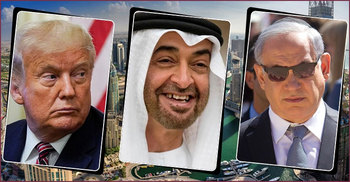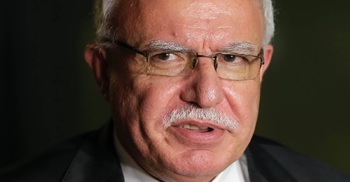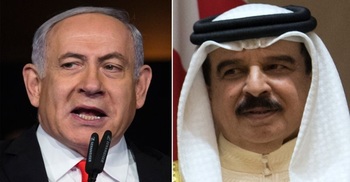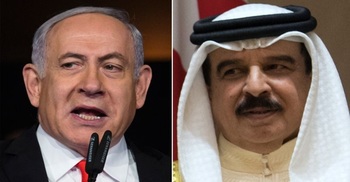Palestine quits Arab League role in protest over Israel deals
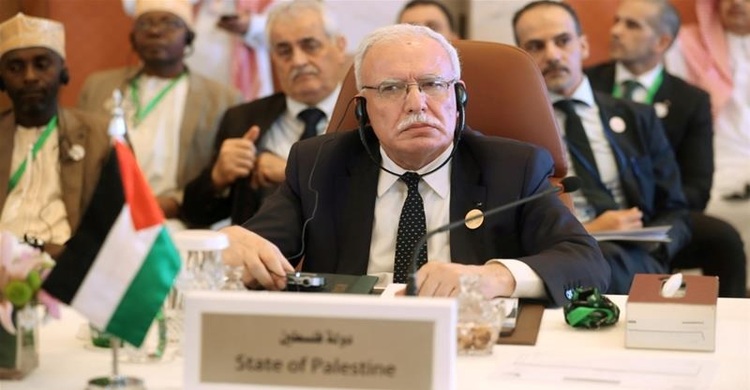
Palestine has quit its current chairmanship of Arab League meetings, the Palestinian foreign minister said on Tuesday, condemning as dishonourable any Arab agreement to establish formal ties with Israel.
Palestinians see the deals that the United Arab Emirates and Bahrain signed with Israel in Washington a week ago as a betrayal of their cause and a blow to their quest for an independent state in Israeli-occupied territory.
Earlier this month, the Palestinians failed to persuade the Arab League to condemn nations breaking ranks and normalising relations with Israel.
Palestine was supposed to chair Arab League meetings for the next six months, but Foreign Minister Riyad al-Maliki told a news conference in the occupied West Bank city of Ramallah that it no longer wanted the position.
"Palestine has decided to concede its right to chair the League's council [of foreign ministers] at its current session. There is no honour in seeing Arabs rush towards normalisation during its presidency," Maliki said.
In his remarks, he did not specifically name the UAE and Bahrain, Gulf Arab countries that share with Israel concern over Iran. He said Arab League Secretary-General Ahmed Aboul Gheit had been informed of the Palestinian decision.
The Palestinian leadership wants an independent state based on the de facto borders before the 1967 war, in which Israel occupied the West Bank and the Gaza Strip and annexed East Jerusalem.
Arab countries have long called for Israel's withdrawal from illegally occupied land, a just solution for Palestinian refugees and a settlement that leads to the establishment of a viable, independent Palestinian state, in exchange for establishing ties with it.
In a new move addressing internal Palestinian divisions, officials from West Bank-based President Mahmoud Abbas's Fatah faction and the Gaza-based Hamas movement were due to hold reconciliation talks in Turkey on Tuesday.
Hamas seized the Gaza Strip in 2007 from Fatah forces during a brief round of fighting. Differences over power-sharing have delayed implementation of unity deals agreed since then.
Source: Al Jazeera


